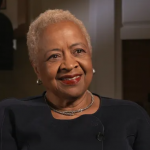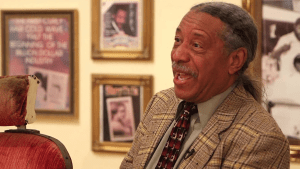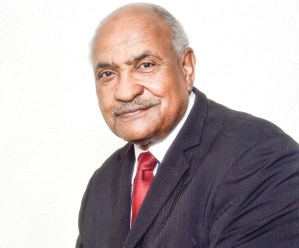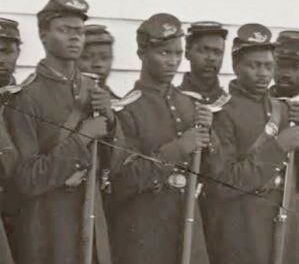By Ryan Michaels
The Birmingham Times
Margaret Burnham, co-founder of the Civil Rights and Restorative Justice Project, will be at the Sixteenth Street Baptist Church on Sunday, Oct. 16 at 2 p.m. to discuss her new book “By Hands Now Known: Jim Crow’s Legal Executioners.”
Burnham, who was born in Birmingham, said the book, built from 15 years of research into un-prosecuted killings of African Americans from 1920-1960, came when she met Thomas Moore, the brother of a man who was lynched in Franklin County, MS in the mid-60’s.
“Moore was such an impressive person. He was a veteran. He was away in Vietnam when his brother was lynched. He had been associated with the Army his entire life, now lives in Colorado Springs, and he was just such a large figure that I wanted to find out more about the families who had experienced these horrors and whose trauma had been disregarded,” Burnham said.
Since 2007, Burnham worked in collaboration with students from Northeastern University in Boston, MA, where she is a professor of law, as well as other partners throughout the South, including the Jefferson County Memorial Project, led by Director Joi Brown.
The research included finding and interviewing victims’ family members and seeking out local and federal government documents pertaining to the individual cases where Black people were killed by police, shopkeepers or anyone else and did not receive justice through the legal system.
In the book, Burnham highlights key stories from the immense research and talks about how the history of apathy for violence directed toward African Americans continues to affect the nation. These victims, their families and others, that she writes about, were failed, Burnham said.
“Where the police pulled the trigger, they whitewashed the cases…The [coroners] next had a shot at it. They whitewashed the cases. Local prosecutors whitewashed the cases. When they got to the courts, the judges killed the cases. The federal government bent to the will of the all-white Southern judiciary and legal systems and didn’t do enough to make sure the cases that fell within federal jurisdiction were indeed prosecuted,” Burnham said.
One such story that showed a complete lack of criminal prosecution was Captain Butler, a miner, union organizer, pastor and father of 13 children who was killed in 1948 by police officers in Edgewater, a community in western Jefferson County. Butler had been accused of harassing a white woman and of pulling a gun on the officers investigating alleged complaints of the harassment.
Though Butler’s case was never taken up in criminal court, Burnham said 4,600 miners at the Tennessee, Coal, Iron and Railroad Company mine where Butler worked went on strike in protest. Butler’s wife also later won $10,000 in a civil case over the incident.
“That’s a critically important story in Birmingham history, but I bet you’ve never heard it,” Burnham said.
Butler’s story also highlights the importance of research before it’s too late, as his daughter, who later died after her interview, was key to understanding the full story, Burnham said.
“These stories, they go with the people who experienced them. When they go, the stories go. We’ve done the best we can to capture as much as we as much as possible, but there’s a lot that we’ve missed, and that is now lost to history,” she said.
Burnham, who was born at the former Slossfield Community Center hospital in North Birmingham, before her family moved to New York City, has been a lifelong champion of Civil Rights and currently serves on the U.S. Civil Rights Cold Case Records Review Board.
Previously, Burnham served as an attorney for the NAACP Legal Defense Fund, and also served as the first female African American judge in Massachusetts, after being appointed an associate justice in 1977.
The full archive of interviews with victims’ family members, as well as local and federal government documents are available at https://crrjarchive.org.
Burnham’s talk will be held at Sixteenth Street Baptist Church, 1530 6th Ave. North, Birmingham AL 35203 on Sunday Oct. 16 at 2 p.m.











